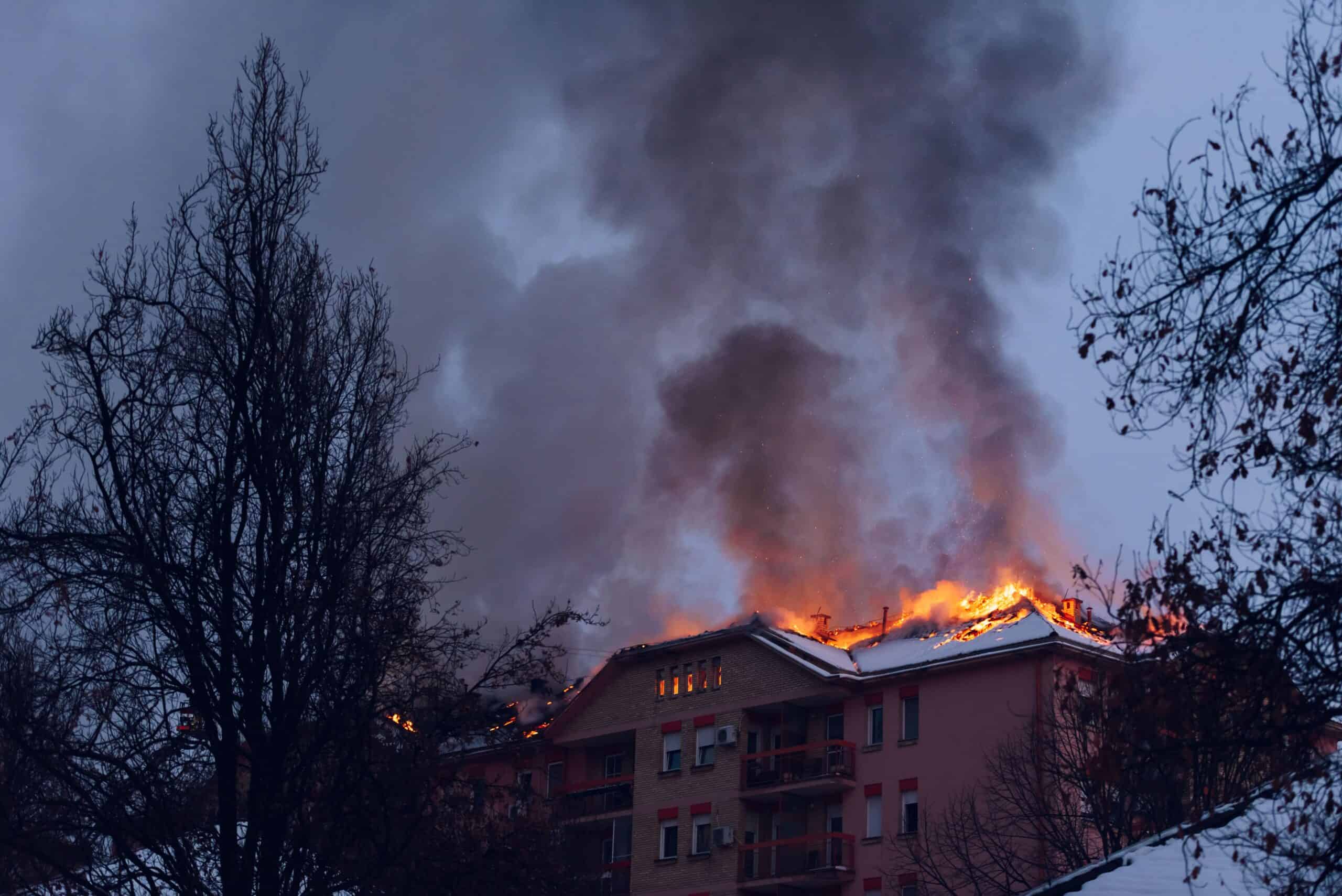What is Arson?
Arson is a serious offence in Canada, and it is one of the most severe forms of property damage. The Criminal Code of Canada defines arson as intentionally setting fire to property without the owner’s consent. The offence is taken very seriously by law enforcement agencies, and anyone found guilty of this crime can face significant legal consequences. Canadian law has several sections that deal with the offence of arson, each with its own set of circumstances and penalties.
Types of Arson in The Criminal Code of Canada
There are five different types of arson in the Criminal Code of Canada. They are located in sections 433 to 436:
- Arson with disregard for human life.
- Arson of property not wholly owned by the accused.
- Arson of property partially or wholly owned by the accused.
- Arson with the intent to defraud.
- Arson by negligence.
Punishment for Arson in Canada
Section 433 of the Criminal Code of Canada outlines the offence of arson with disregard for human life. The section states that anyone who intentionally or recklessly sets fire to property where either:
(a) the person knows that or is reckless with respect to whether the property is inhabited or occupied; or
(b) the fire or explosion causes bodily harm to another person.
is guilty of an indictable offence and can be sentenced to life imprisonment.
Section 434 of the Criminal Code of Canada deals with the offence of arson of property that is not wholly owned by the accused. This section applies where a person sets fire to property that the person themselves does not wholly own. The penalty for this offence is a maximum of 14 years imprisonment.
Section 434.1 of the Criminal Code of Canada creates an offence of arson of property that is owned wholly or in part by the accused. This section applies where a person sets fire to property that they themselves own and seriously threatens the health, safety or property of another person. It does not matter whether the accused knew the fire threatened the health safety or property of others. The maximum penalty for this offence is 14 years imprisonment.
Section 435 of the Criminal Code of Canada deals with arson committed with intent to defraud. This section applies when a person sets fire to their property or the property of another person with the intent to obtain insurance money or some other financial benefit. The penalty for this offence is a maximum of 10 years in prison.
Section 436 of the Criminal Code of Canada deals with arson committed by negligence in one’s own property. This section applies when a person negligently causes a fire on their property that damages another person or property. Negligence can be inferred by failing to comply with any law about the prevention or control of fires. The penalty for this offence is a maximum of five years imprisonment.
Use of Incendiary Material
Section 436.1 of the Criminal Code of Canada deals with possessing incendiary material for the purpose of committing arson. This section applies when a person simply possesses incendiary material, such as:
- gasoline;
- propane;
- diesel;
- kerosene;
- butane;
- methane;
- matches;
- lighters;
- gunpowder;
- thermite;
- magnesium; and
The penalties for arson vary depending on the circumstances. In general, the penalties for arson committed with intent to defraud or possessing incendiary material for the purpose of committing arson are less severe than the penalties for arson committed with disregard for human life or arson of another person’s property.
The Criminal Code of Canada has several sections that deal with the offence of arson, each with its own set of circumstances and penalties. Arson is a serious offence in Canada, and anyone found guilty of this crime can face significant legal consequences. If you are being charged with or investigated for a crime, contact the experienced lawyers at our office.
Related reading: check out our blog on the possible outcomes of a criminal charge in Canada.

